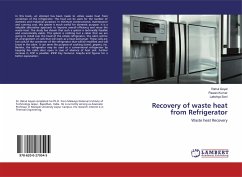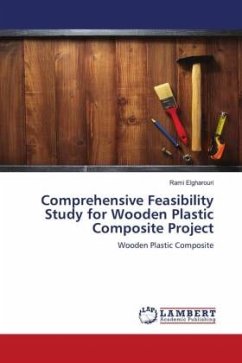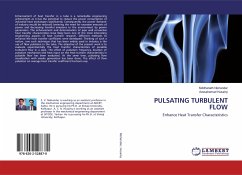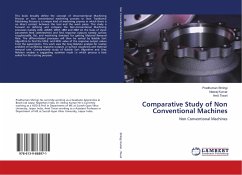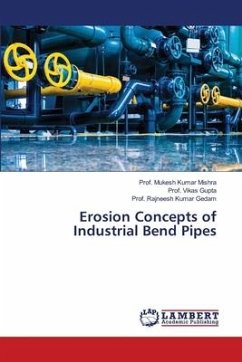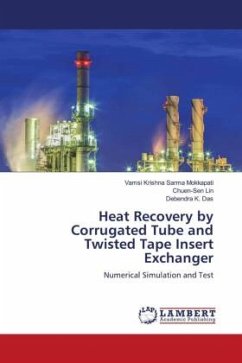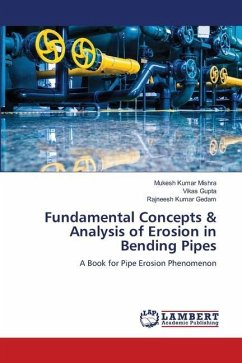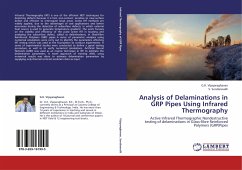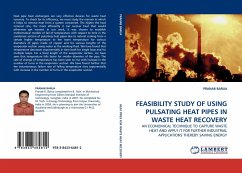
FEASIBILITY STUDY OF USING PULSATING HEAT PIPES IN WASTE HEAT RECOVERY
AN ECONOMICAL TECHNIQUE TO CAPTURE WASTE HEAT AND APPLY IT FOR FURTHER INDUSTRIAL APPLICATIONS THEREBY SAVING ENERGY
Versandkostenfrei!
Versandfertig in 6-10 Tagen
45,99 €
inkl. MwSt.

PAYBACK Punkte
23 °P sammeln!
Heat pipe heat exchangers are very effective devices for waste heat recovery. To check for its efficiency, we must study the manner in which it helps to remove heat from a system concerned. The higher the heat removal rate, the more efficiently it can recover heat that would otherwise get wasted. In our work, it was chosen to establish mathematical models of fall of temperature with respect to time in the condenser section of pulsating heat pipes due to natural cooling from a certain higher temperature to the room temperature for various diameters of pipes made of copper and for various length...
Heat pipe heat exchangers are very effective devices for waste heat recovery. To check for its efficiency, we must study the manner in which it helps to remove heat from a system concerned. The higher the heat removal rate, the more efficiently it can recover heat that would otherwise get wasted. In our work, it was chosen to establish mathematical models of fall of temperature with respect to time in the condenser section of pulsating heat pipes due to natural cooling from a certain higher temperature to the room temperature for various diameters of pipes made of copper and for various lengths of the evaporator section using water as the working fluid. We have found that temperature decreases exponentially in time both for single loop and for multiple loops. For a fixed length of the evaporator section, we have seen that temperature falls faster for smaller diameter of the pipe. The rate of change of temperature has been seen to rise with increase in the number of turns in the evaporator section. We have found further that the instantaneous failure rate of falling temperature rises exponentially with increase in the number of turns in the evaporator section.





